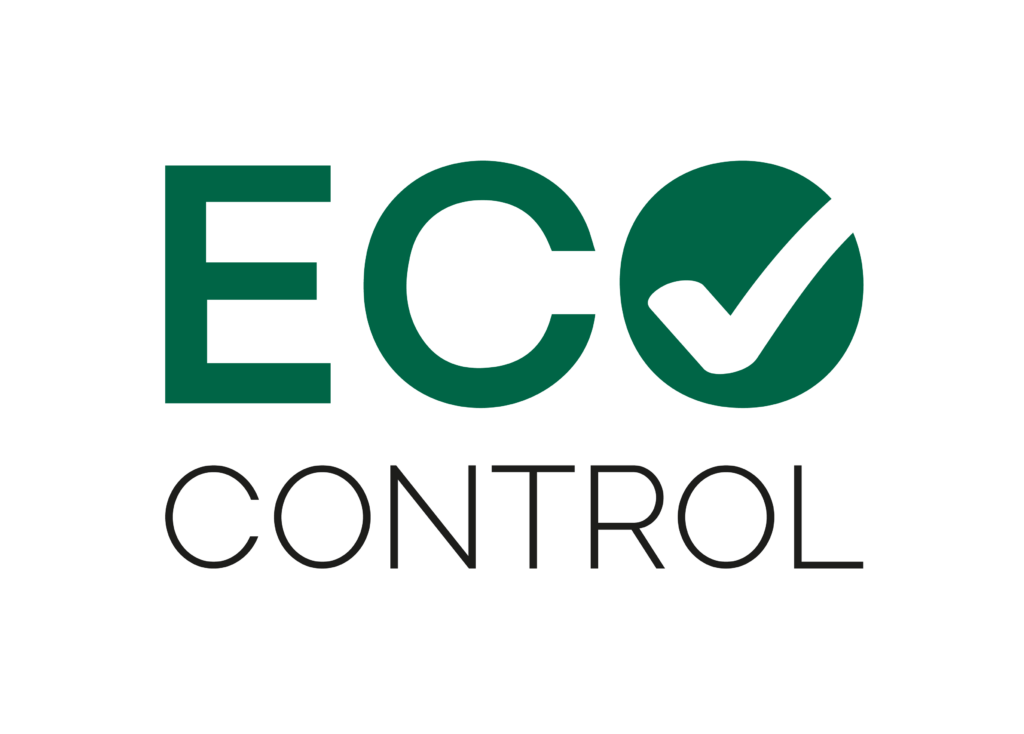NATRUE
No. You can have your already certified product recertified again with the original recipe, provided that all other NATRUE requirements are met. Only after this next period does glycerin have to be of RSPO quality.
This also applies to raw materials!
An example:
My product contains glycerin from palm oil, which is not from RSPO quality yet. This product expires on April 28, 2024 and is scheduled for recertification. This product can be recertified for the next 2 years without any problems and without having to adjust the formula/raw material. From April 29, 2026, if this product is to be extended, it must then use RSPO quality glycerin.
- From 01 July 2024, all newly notified products must be made from approved, certified or organic raw materials.
- From 01 July 2025, all existing products must also be made from recognized, certified or organic raw materials when they are re-certified.
- The reporting date is the decisive date here.
- All raw materials to be used after July 1, 2024, must enter the recognition or certification process. There are exceptions only for the following raw materials:
- Nature-identical raw materials according to NATRUE positive list
- Custom raw materials produced for a single customer only. These may then also not be sold to other customers under a different name.
- Here, raw material testing takes place with the usual documents, as has been the case up to now with product testing. However, an exclusivity certificate must be available from the raw material manufacturer. The template for such a certificate is available from us upon request.
- Raw materials that are of organic origin and are produced according to an IFOAM family (
here
) have been certified by a recognized certification body.- These raw materials are NATRUE compliant per se and can be used as before even after submission of the organic certificate.
- For custom perfumes, a certificate of exclusivity is required as for all other custom raw materials. As before, the verification of conformity is evaluated during product testing.
- Yes, if the raw material is to continue to be listed as a bioresource, it must be certified in accordance with NATRUE guidelines. This requires a document check plus a one-time on-site audit.
- Here you have the choice as a raw material producer. If you want to advertise the raw material with organic percentage, then it must go through the certification procedure (document check plus one-time audit). If you only want to have the raw material included in the NATRUE database and no organic content is to be advertised, then you can also have the raw material recognized simply by means of a document check.
- Organic raw materials are NATRUE compliant per se. In this case, registration on the NATRUE raw material database is not necessary but possible. Please submit your raw materials incl. Organic certificate. Your raw materials will then appear on the NATRUE database among the approved raw materials with the indication “100% Organic”.
- You can then also use the NATRUE label to identify your raw materials. However, please note that the seal may only appear with the addition “NATRUE Approved”. You can find more details in the NATRUE Label Usage Guidelines under point 2.2.3 (
here
).
- Unfortunately no. These raw materials must enter the NATRUE recognition or certification process, as this is not an IFOAM Organic Standard.
- If the raw material manufacturer does not want to enter the NATRUE recognition process, e.g. because of the costs, then you as a cosmetics producer can initiate the recognition or certification process and bear the costs for this. However, the NATRUE license agreement must be concluded directly with the raw material manufacturer.
